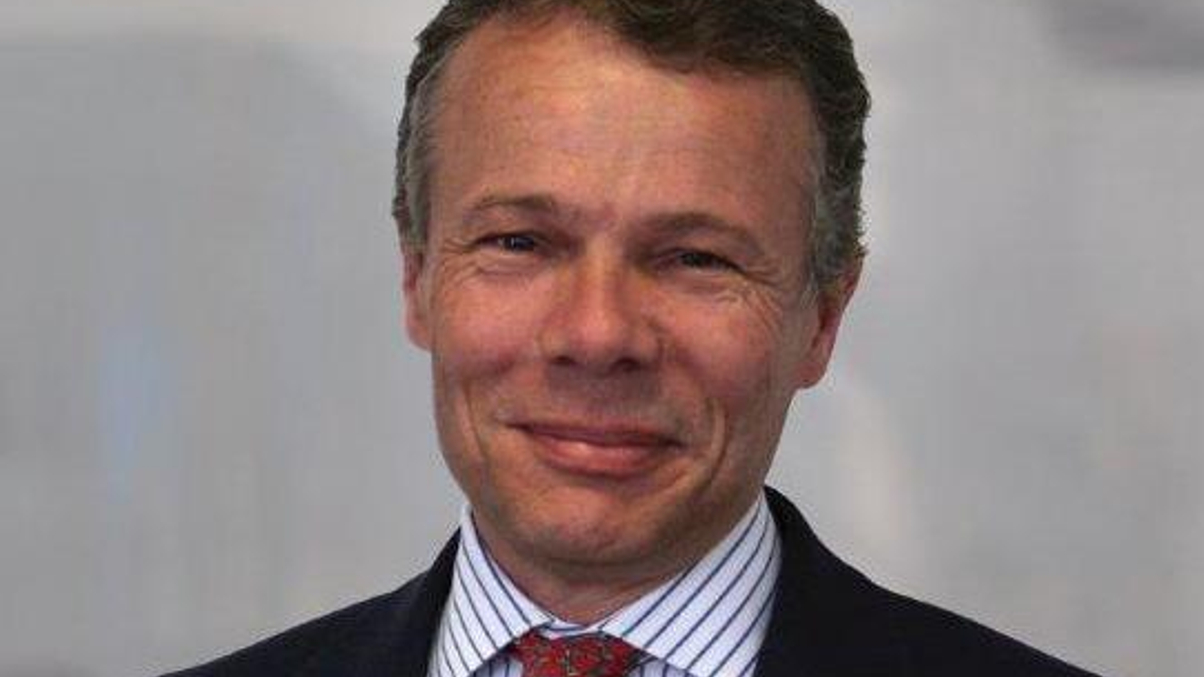Jupiter flags retail strategy, plans Asia funds
The UK asset manager now has four staff in Hong Kong and is seeking a fifth as it prepares to move into permanent offices in the city and works on distribution agreements.

Having obtained a dealing licence in Hong Kong in April, UK-based Jupiter Fund Management has been busy expanding its presence in the city and working on distribution agreements.
Sign in to read on!
Registered users get 2 free articles in 30 days.
Subscribers have full unlimited access to AsianInvestor
Not signed up? New users get 2 free articles per month, plus a 7-day unlimited free trial.
¬ Haymarket Media Limited. All rights reserved.


